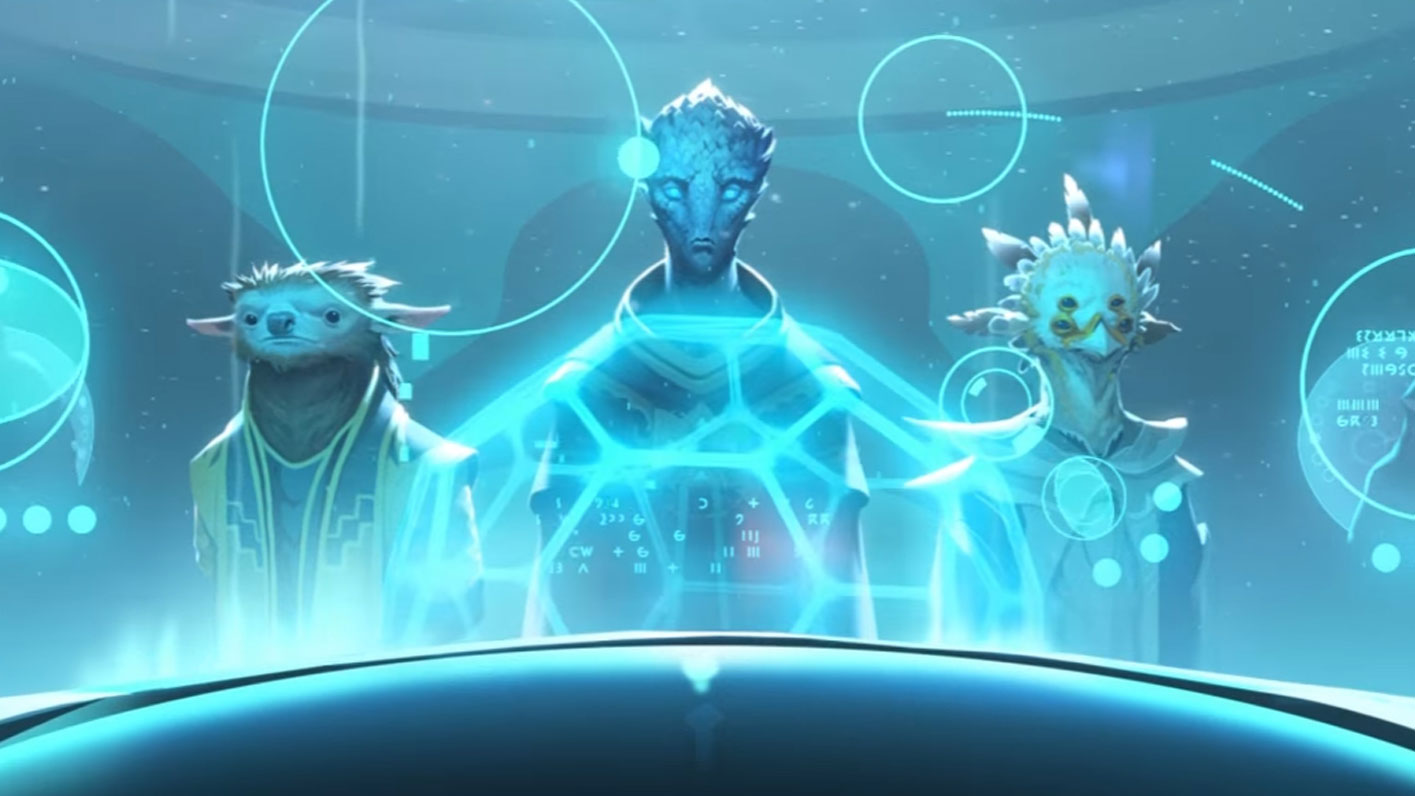Our Verdict
Paradox’s biggest expansion yet brings Stellaris closer to its original promise with a stellar rework of internal politics and new endgame goals.
PC Gamer's got your back
What is it? Spacebound grand strategy with 4X elements. Or is it a 4X with grand strategy elements?
Expect to pay $20/£15
Developer Paradox Development Studio
Publisher Paradox Interactive
Reviewed on Windows 10 64-bit, Core i7-4770K, 16GB RAM, GeForce GTX 1070
Multiplayer Up to 32 Players Online (Steam)
Link Official site
When Stellaris launched almost a year ago, its biggest void wasn't space itself, but its relatively challenge-light mid-game, especially regarding internal politics. Utopia attempts to enliven player empires, and force interesting choices in between the initial phase of wonder and exploration and the climactic finale when scripted endgame crises bring it all together. It attacks this problem with new political mechanics, a bunch of exciting late game goals that don’t involve waiting for a robot rebellion to happen, and sweeping, feedback-informed reworks of core systems. It may be the studio’s largest and most transformative expansion yet, which is saying something. Yet some of the additions feel as underdeveloped as areas of Stellaris were at launch.
Alongside the 1.5 patch, Utopia rethinks just about everything relating to building and managing your stellar empire internally. Gone are set government types like Plutocratic Oligarchy and Enlightened Monarchy. In their place is a more versatile and interesting system where you chose an authority type (Democracy, Oligarchy, Dictatorship, or hereditary Empire), and then build on that with two starting civics (a third can later be unlocked with society tech) like Police State and Philosopher King to create a custom government that does exactly what you want it to. The type of government you create will influence how likely the population units ('Pops') scattered across your planets are to adopt certain viewpoints, such as Militarism, Spiritualism, or Xenophobia. As ethics used to be assigned to Pops semi-randomly, this system gives you a lot more of an active role in influencing your people.
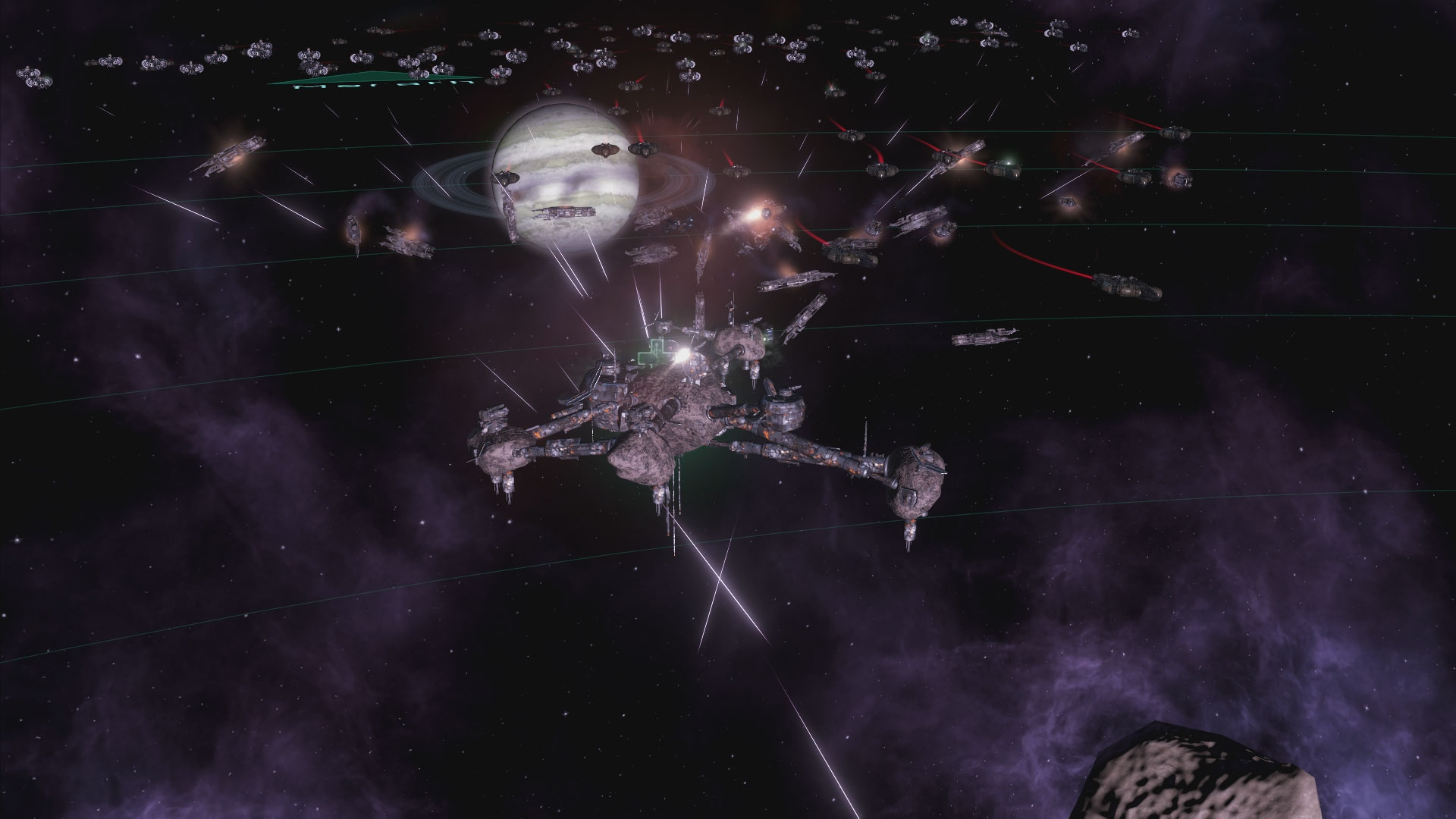
This feeds into what I think is Utopia’s best feature: the new Faction system. Pops that follow a common ethos are now likely to found factions (such as Xenophiles starting an Alien Rights Movement, or Pacifists demanding an end to costly wars), with one of your existing governors, scientists, or military officers becoming the leader. Each faction has a list of agenda items, and depending on how many of them are fulfilled (or blatantly ignored), the faction will establish a happiness value that applies to all Pops who are part of that faction. Not only does displeasing factions potentially tank the happiness of a large base of your citizens, but keeping them very happy will grant you Influence that can be spent on useful edicts across the empire.
If you want to build a giant Dyson sphere around a sun to steal all of its energy and make any planets that depended on it freeze to death, you can do that.
The upshot of all of this is that internal politics actually feel interesting and participatory, which was a major weakness of Stellaris at launch. In one campaign, the two most powerful factions in my empire were the conservative religious bloc and a profit-driven party of business moguls. They usually weren’t directly at odds, but fulfilling all of the agendas to satisfy both of them required me to do some serious juggling of my usual playstyle. If I started to neglect one or the other, I would see the effects on my bottom line, just as I’d bask in the benefits when I managed to keep everyone happy. It’s a big, big step towards making Stellaris more interesting in the mid game, and giving you challenges to contend with that don’t involve blowing up spaceships.
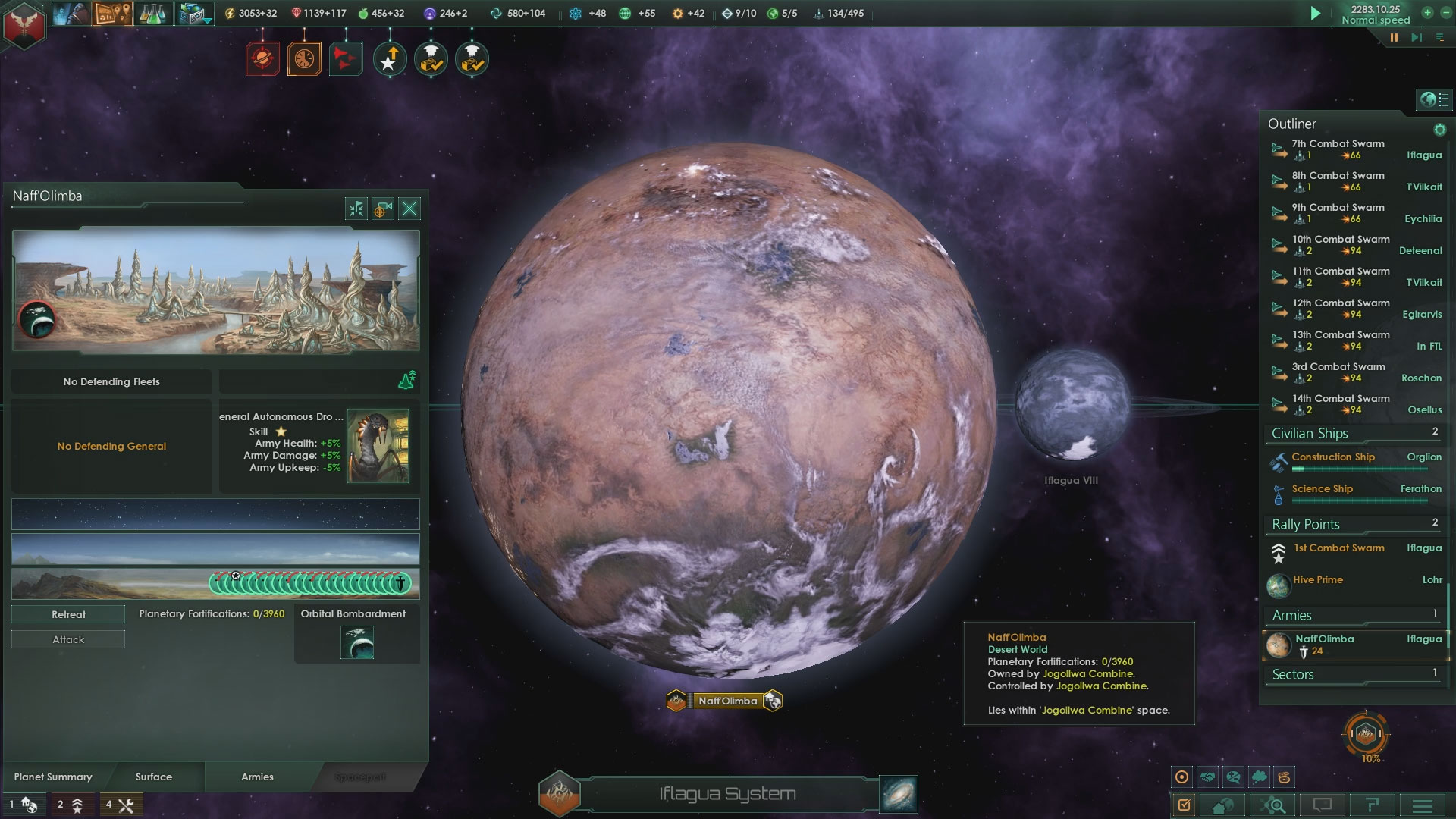
Infinity and beyond
The flashier, more attention-grabbing new features don’t slack either. Using a new resource called Unity, empires can progress down Civ 5-style Tradition trees. The perks in these trees each provide big, thematic bonuses when fully completed, as well as granting you an Ascension Perk, which is where things get really crazy. If you want to upload your entire population into robot bodies, you can do that. If you want to build a giant Dyson sphere around a sun to steal all of its energy and make any planets that depended on it freeze to death, you can do that. If you want to genetically modify your species to have 400 babies, you can do that. There’s nothing stopping you besides earning enough Unity. And while Unity can feel like one too many extra currencies to juggle in a game that already has minerals, energy, food, influence, three types of science, and strategic resources, the perks it provides are an effective way to guide your playstyle through the early and mid game, building towards some exciting, new toys in the late game.
My favorite of these I’ve come across so far is The Shroud. A parallel realm accessible by a conclave of psychics once you’ve unlocked the highest tier of the Psionic ascension path, most interactions are text-based and relegated to the diplomatic menu… but its effects in the game world can be quite tangible. At one point, my telepaths were given the chance to manifest a psychic entity of great power into a physical avatar that could fight with my fleets in battle. Some of the other events are worth not spoiling, but suffice to say, galaxy-changing. However, most of these short, choose-your-own-adventure interactions essentially culminate in a dice roll. There doesn’t seem to be any way to affect the result, and it often felt underwhelming to be asked to gamble for a tiny, tiny chance of something really cool, or settling for a somewhat higher chance of something significantly less cool.
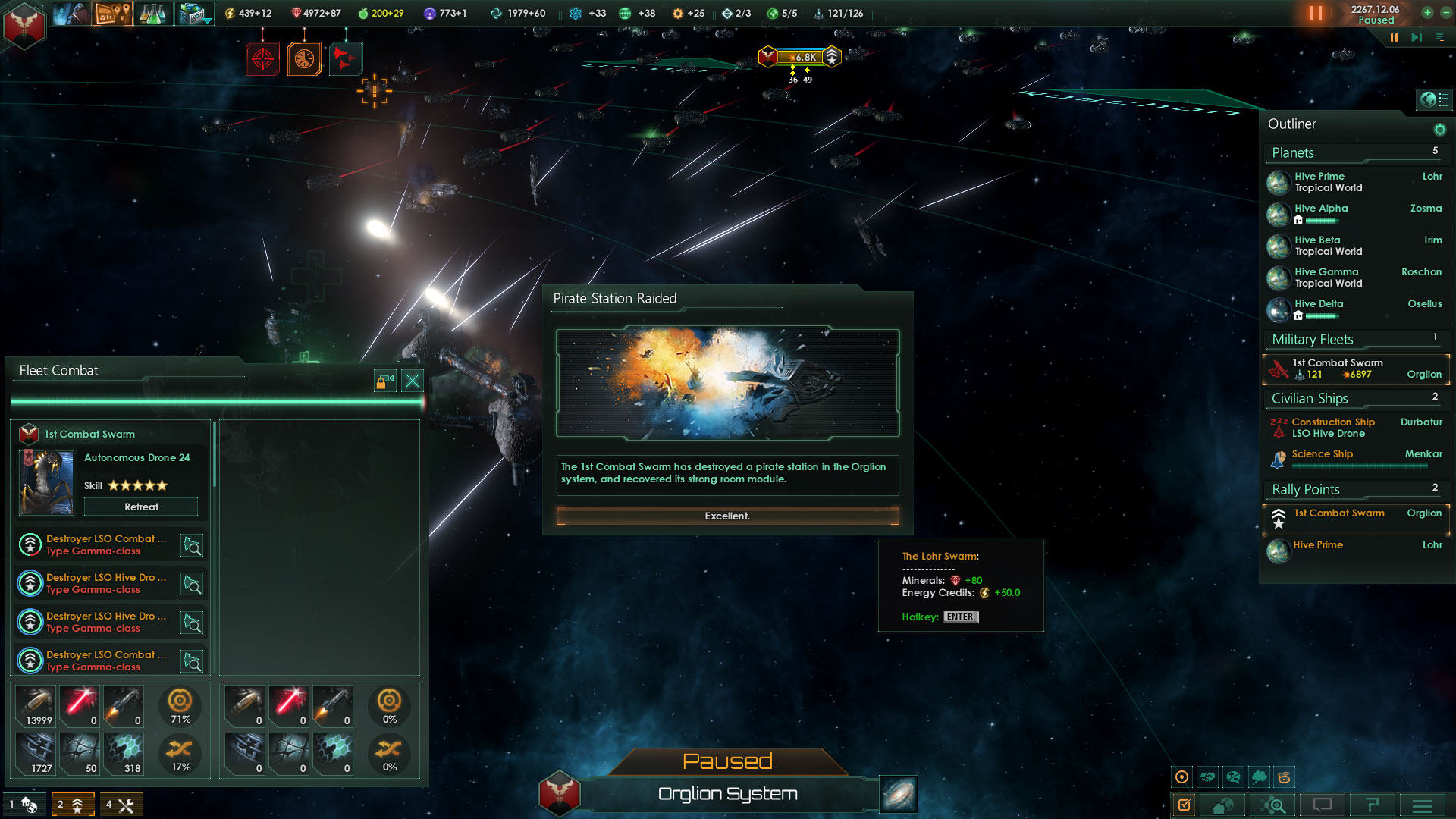
One other issue with ascension is that you have to progress through all seven of the Tradition trees to unlock all the perk slots. When I was playing a race of killer bugs that quite literally ate everyone they met, I was pretty excited to complete the first few. Here’s one that lets me kill people better. Here’s one that lets me spread my broods to new worlds faster. But in order to unlock those last few perk slots, I had to spend points on the Diplomatic Tradition tree, which had nothing even remotely useful for genocidal insects shunning friendship and spreading terror through the stars. Part of the appeal is specialization and distinguishing your civilization further, so it seems odd that everyone is going to eventually end up with all the traditions, and it somewhat cheapens the choice you have to make between them initially.
My favorite of these I’ve come across so far is The Shroud. A parallel realm accessible by a conclave of psychics.
There are a few other features that give this same impression. For example, you can now play as a hive mind species that doesn’t use happiness, doesn’t start factions, and is ruled by an immortal consciousness that can be everywhere at once. In theory, it sounds absolutely awesome. In practice, it’s a little awkward. For one thing, when creating your own single-minded swarm, you can get a refund on some trait points by picking a negative trait that gives you -5% happiness… even though hive minds don’t use happiness. Very little of the event text has been altered to account for hive minds, so you’ll still get notifications about how the new aliens you just met are being portrayed in the media. Perhaps most significantly, without happiness or factions, hive mind play is basically electing to turn the best parts of the expansion off. It’s a really cool idea, but it doesn't feel totally integrated with all aspects of the game.
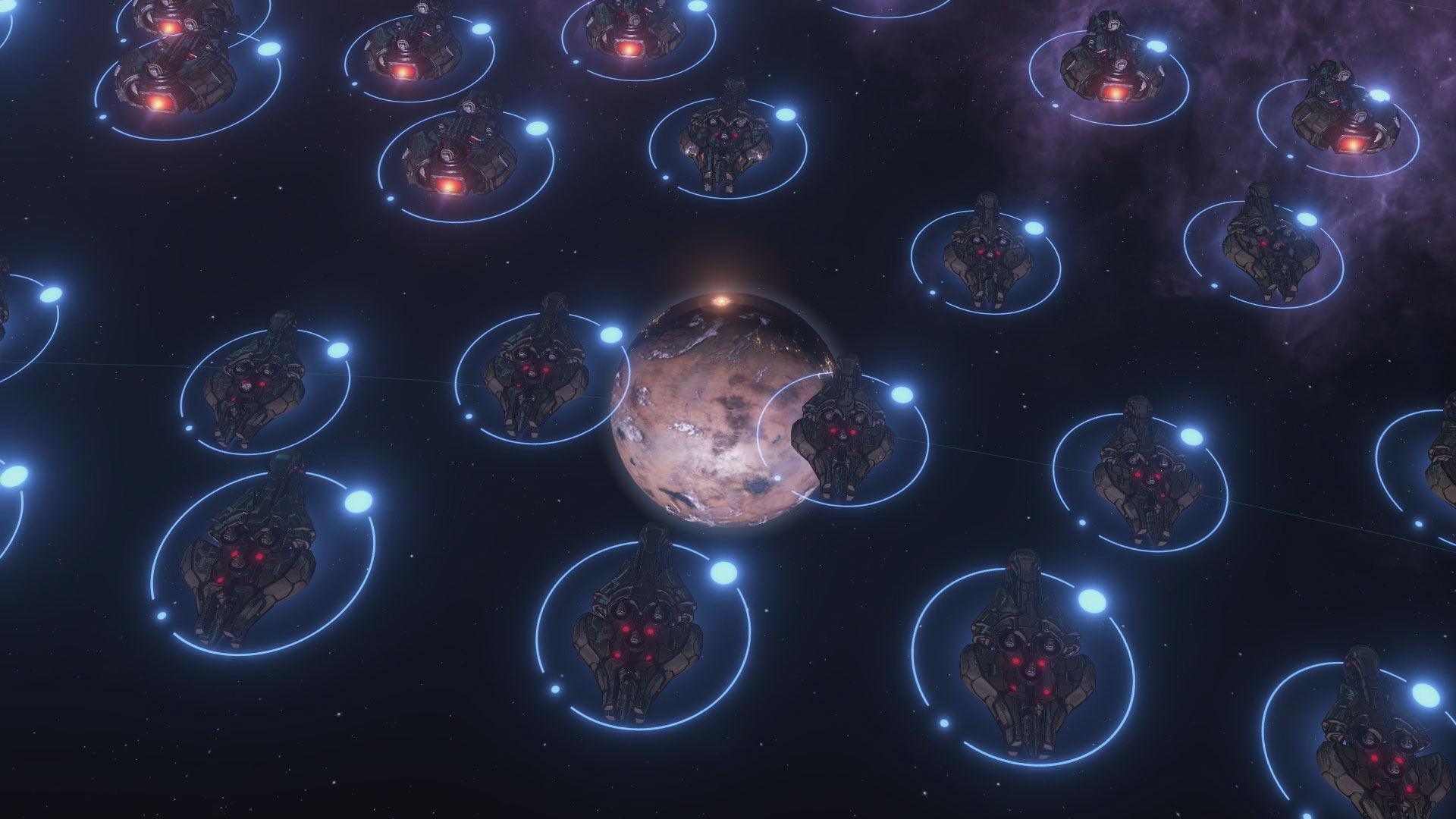
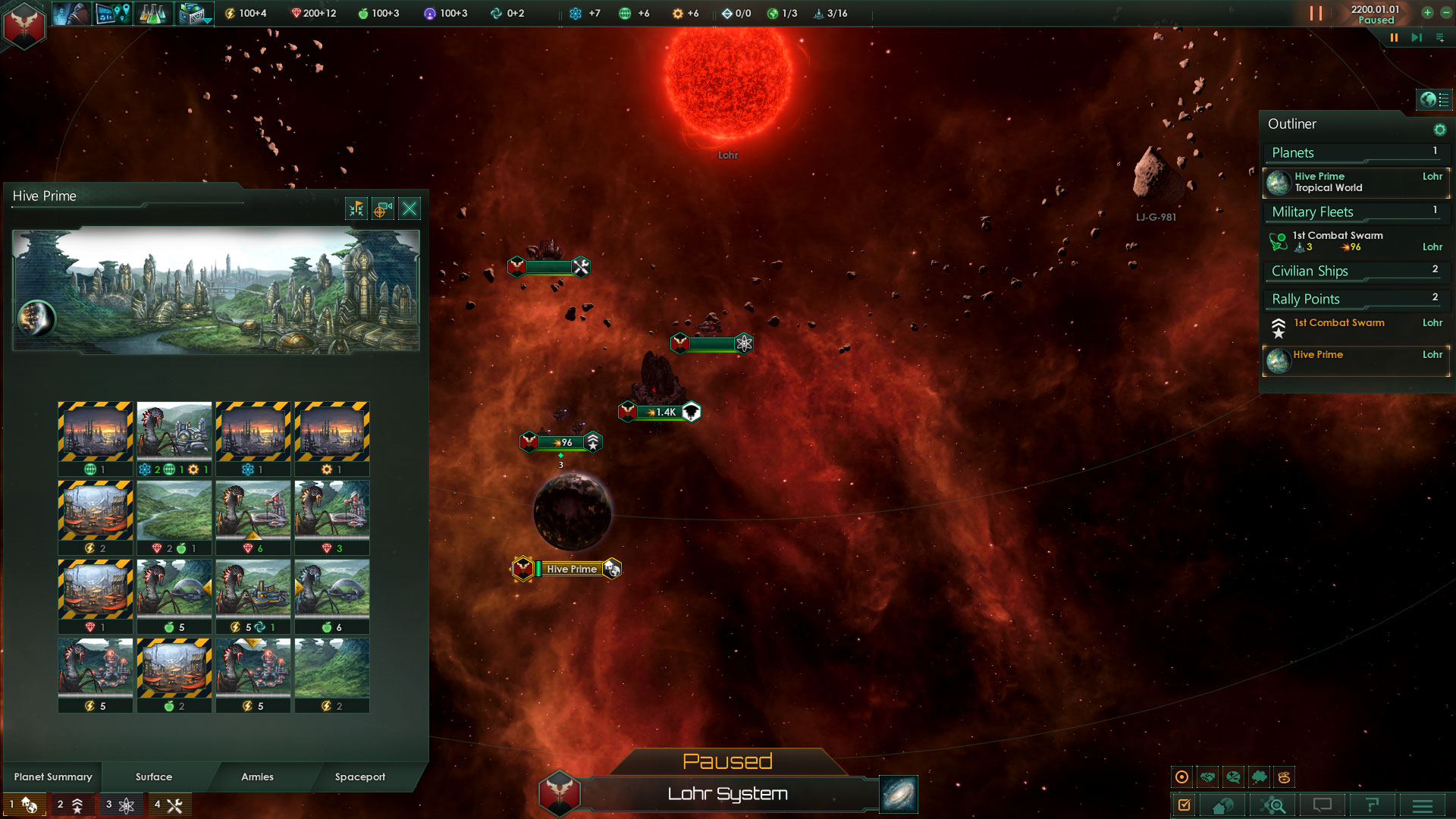
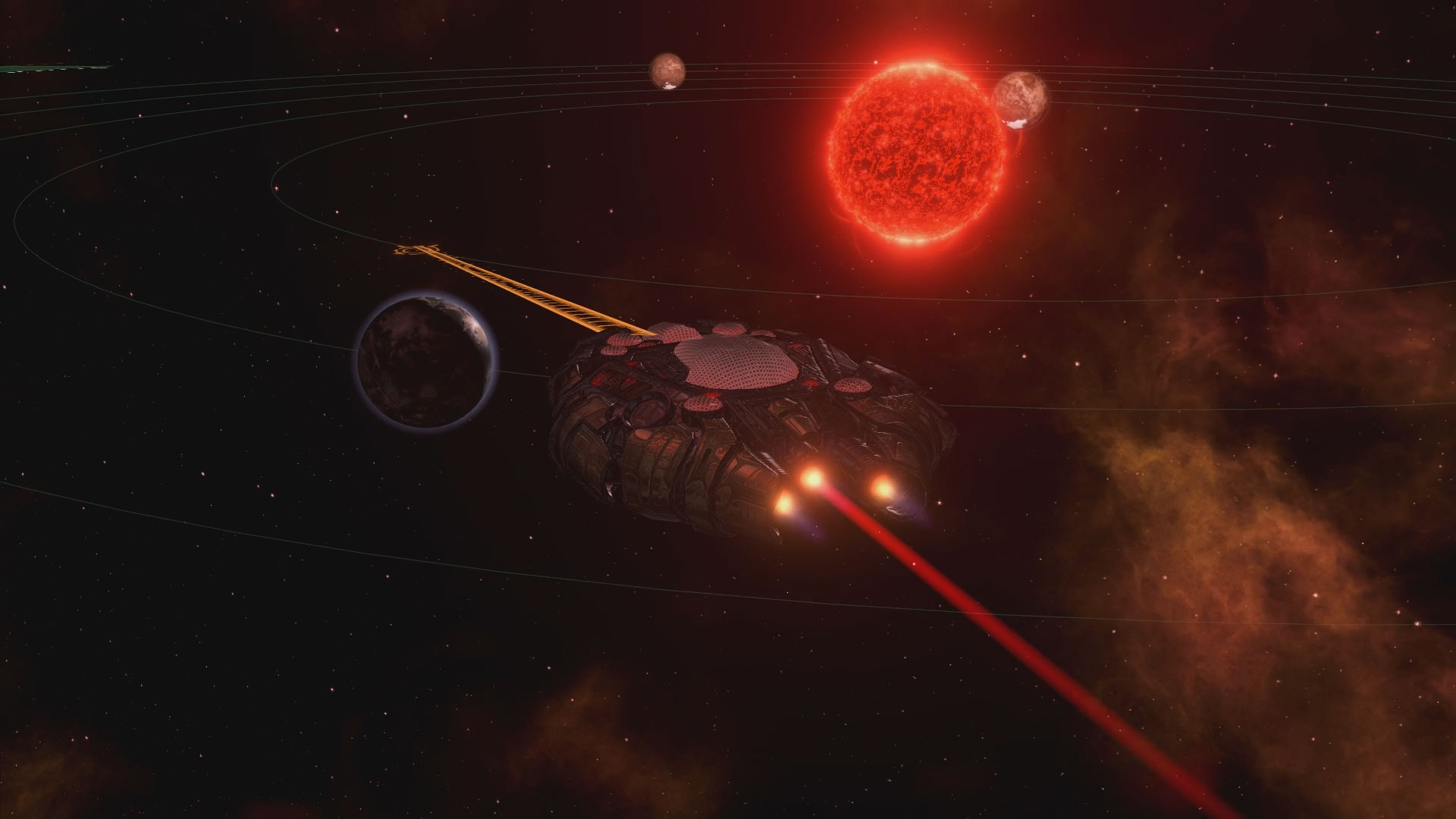
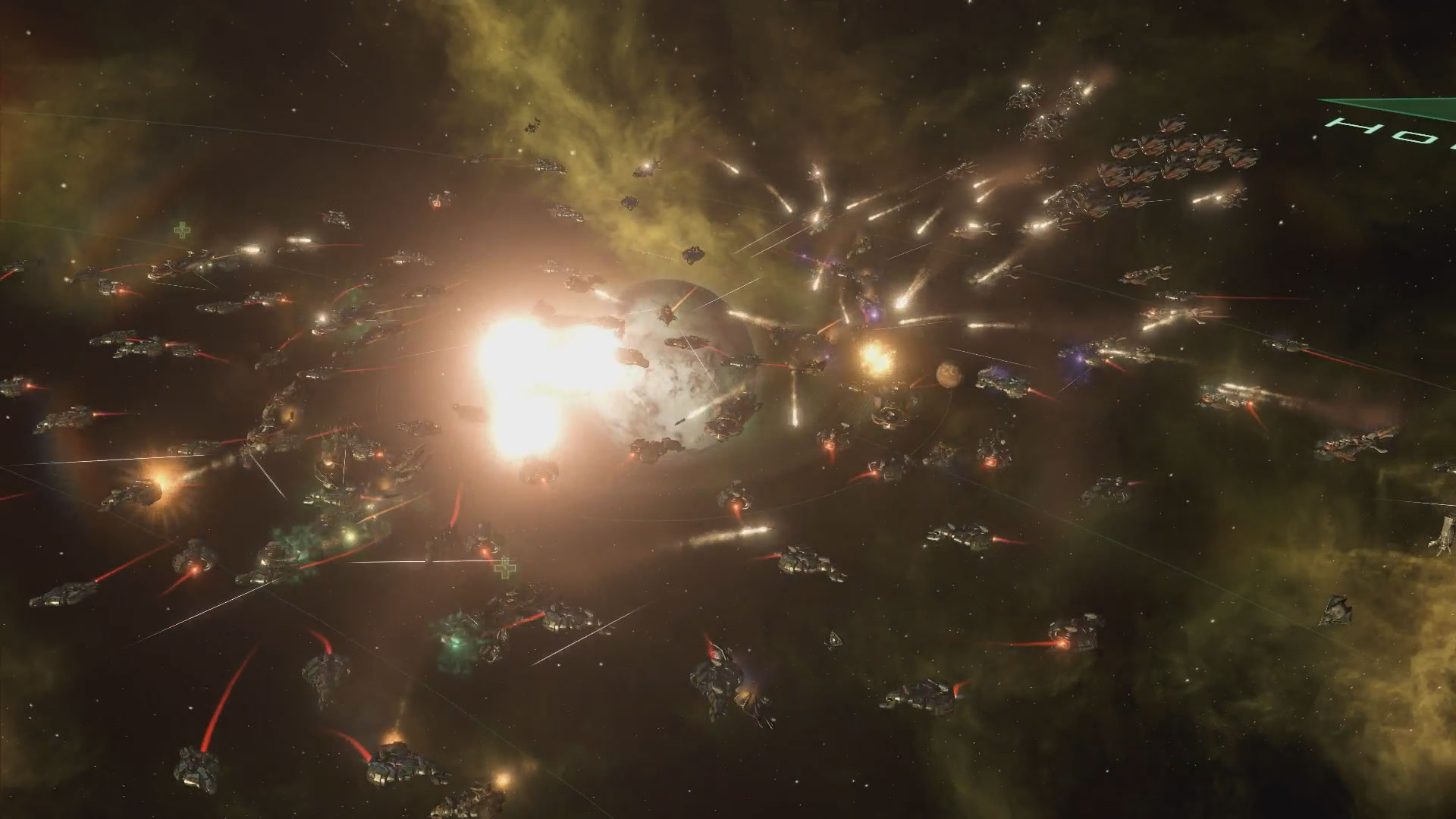
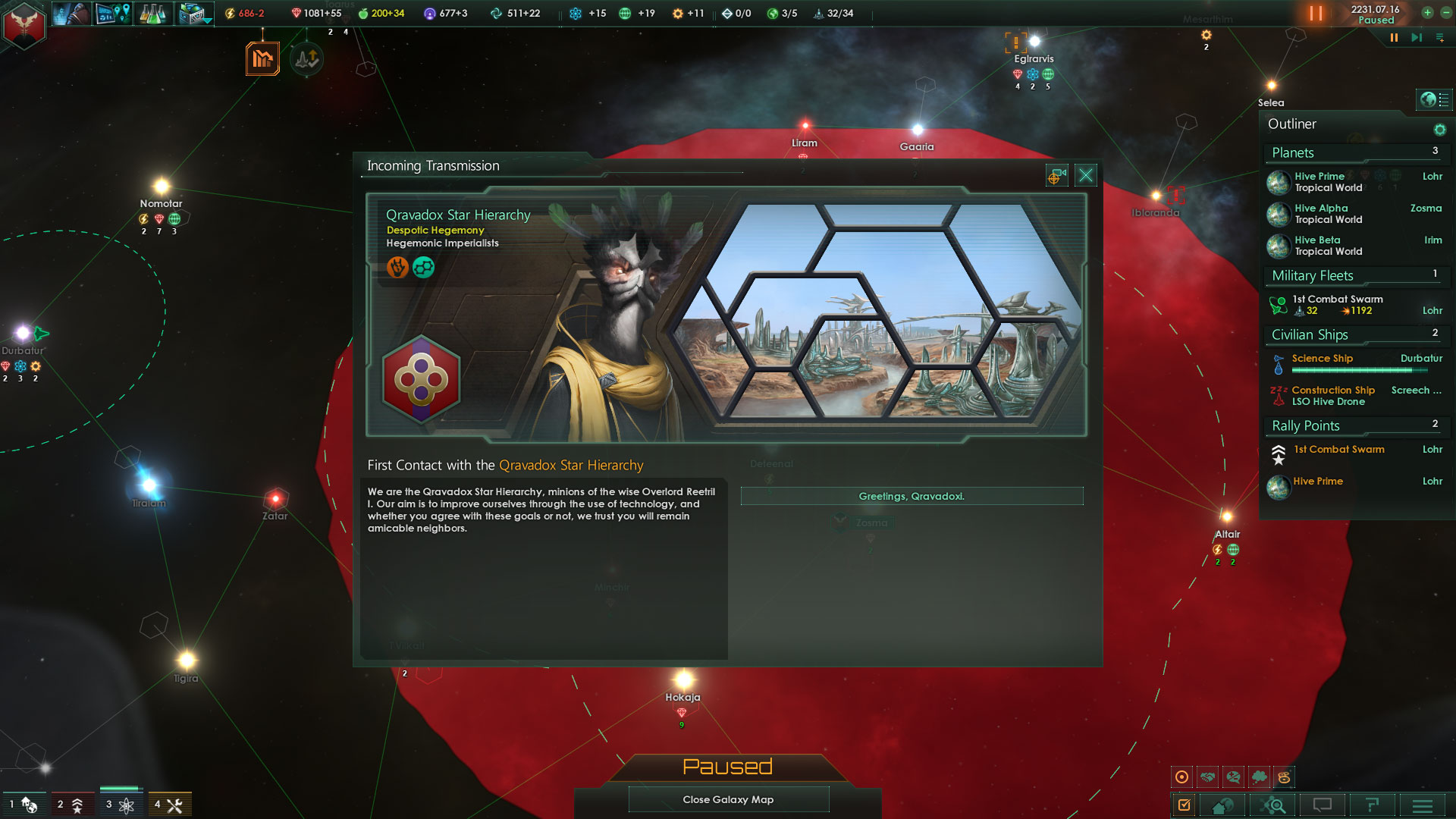
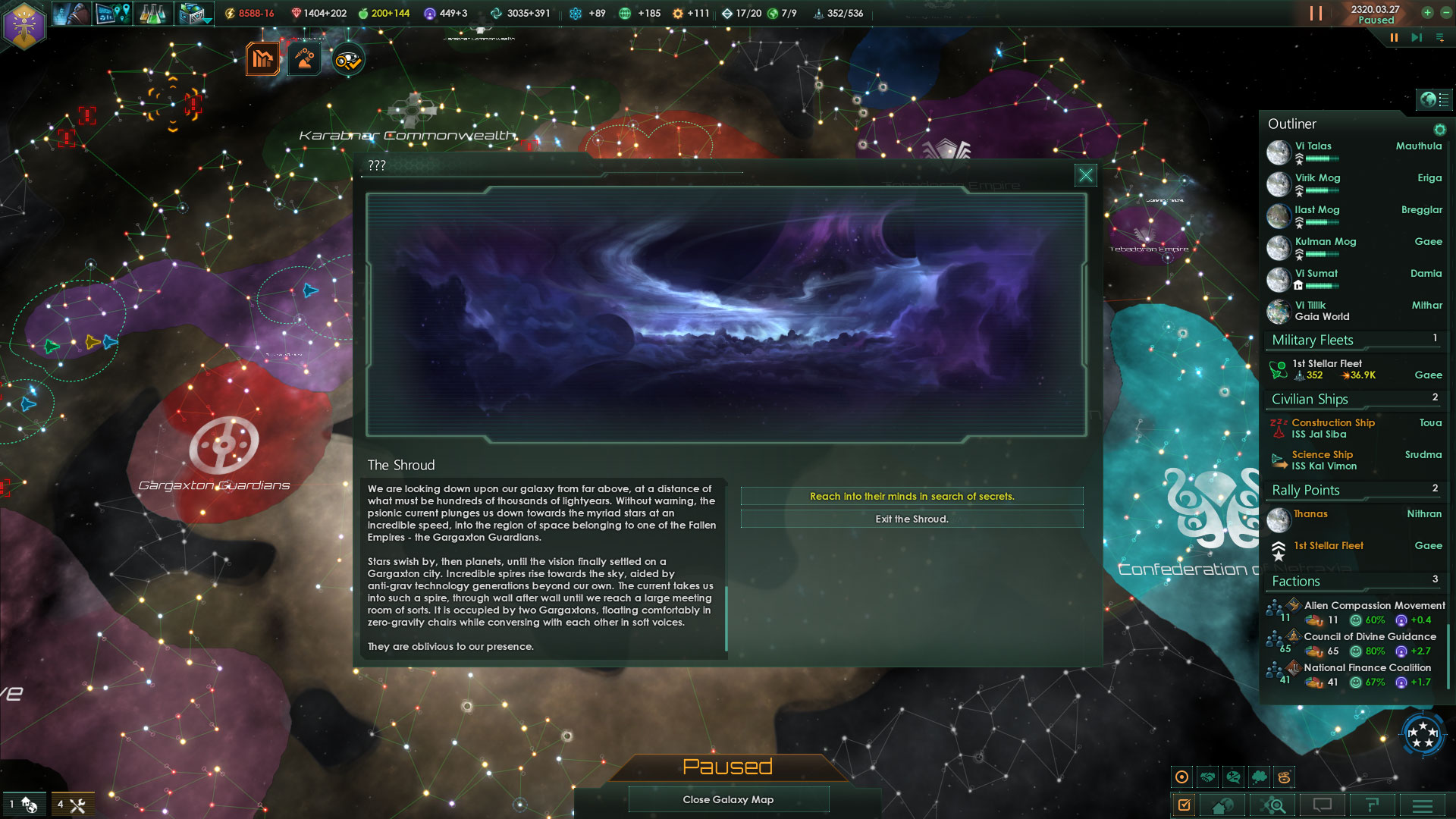
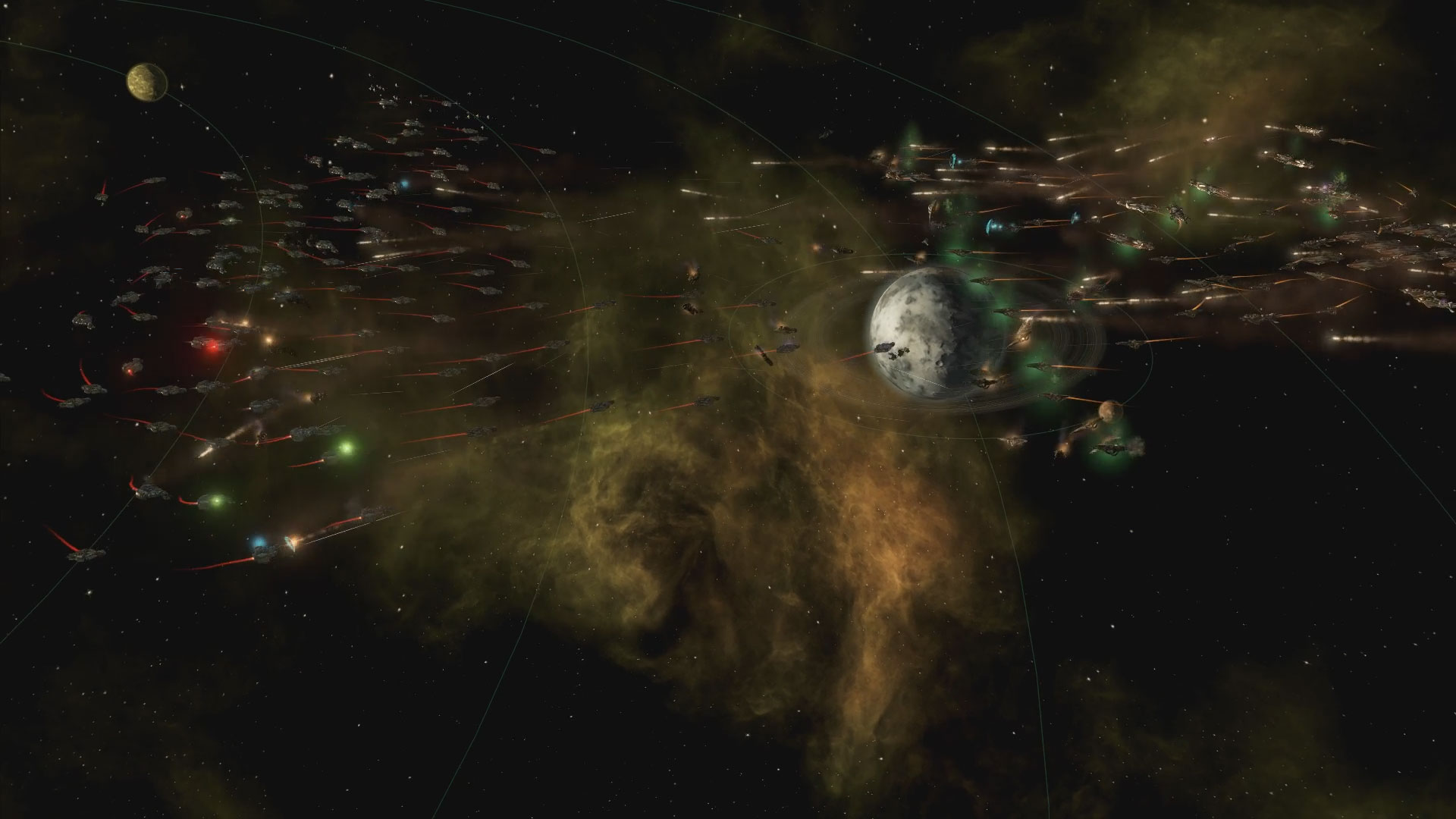
When it stumbles, Utopia stumbles in the same way vanilla Stellaris did: introducing new ideas that have a lot of potential, but clearly aren’t quite ready for prime time. However, where it succeeds is in fleshing out a lot of those areas that felt imperfect at launch. The changes to Pops, governments, and factions have me designing new empires in my head and wanting to sink another hundred-something hours into this universe. I didn’t come close to scratching the surface of all the endgame ascension paths in the time I’ve had so far, but the ones I have seen make me excited to discover more. Utopia may not deliver on all the promises and expectations Stellaris is tied up in, but it does bring it one, giant leap closer.
Paradox’s biggest expansion yet brings Stellaris closer to its original promise with a stellar rework of internal politics and new endgame goals.
Len Hafer is a freelancer and lifelong PC gamer with a specialty in strategy, RPGs, horror, and survival games. A chance encounter with Warcraft 2: Tides of Darkness changed her life forever. Today, her favorites include the grand strategy games from Paradox Interactive like Crusader Kings and Europa Universalis, and thought-provoking, story-rich RPGs like Persona 5 and Disco Elysium. She also loves history, hiking in the mountains of Colorado, and heavy metal music.
